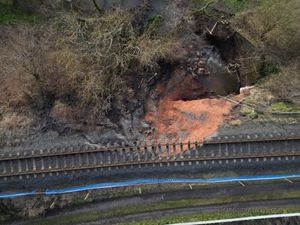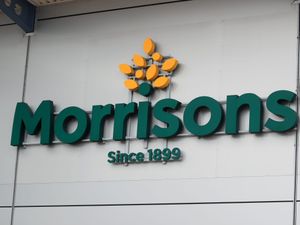Demand for new cars falls by a fifth
Demand for new cars slumped by around 20 per cent in September – normally the industry's busiest month of the year – according to new figures.
The Society of Motor Manufacturers and Traders (SMMT) said around 339,000 new cars were registered during what is usually a strong month due to the release of new number plates, down a fifth of the same month a year ago.
Diesel and petrol registrations were both down year-on-year, with a modest rise for alternatively fuelled cars such as pure electrics and hybrids.
There were big hits for Volkswagen, Audi and Nissan, but a mixed performance for West Midlands-based Jaguar Land Rover – the UK's biggest car maker.
While Land Rover sales were down 11.6 per cent to 12,827 cars in September, Jaguar showed an unexpected hike in demand, up 19 per cent to 7,047.
It will be a small but welcome boost for the company, which makes its engines at its £1bn plant on Wolverhampton's i54 site, especially after announcing a three-day week at the Jaguar plant at Castle Bromwich until Christmas as JLR copes with lower demand this year.
Meanwhile, September's SMMT statistics show the Ford Fiesta remains the nation's most popular car, with the Vauxhall Corser in second place in September.
The SMMT said September's decline was mainly due to changes to the way new cars are tested, with tougher emissions regulations introduced in the European Union.
The organisation's chief executive Mike Hawes told BBC Radio 4's Today programme: "This year we've had the first major change in the way you test vehicles – the first change in about 30 years.
"That has led to some major challenges in terms of supply because you've got to change the entire European model range, put them through the test, and that takes a considerable amount of time.
"Some manufacturers have had short supply which has meant sales have been down."
Mr Hawes said that "demand is down a bit" due to a drop in business and consumer confidence due to uncertainty over Brexit.
He added: “With the industry given barely a year to reapprove the entire European model line-up, it’s no surprise that we’ve seen bottlenecks and a squeeze on supply. These are exceptional circumstances with similar declines seen in other major European markets.
"The good news is that, as backlogs ease, consumers and businesses can look forward to a raft of exciting hi-tech cars and a market keen to recover lost momentum.”





